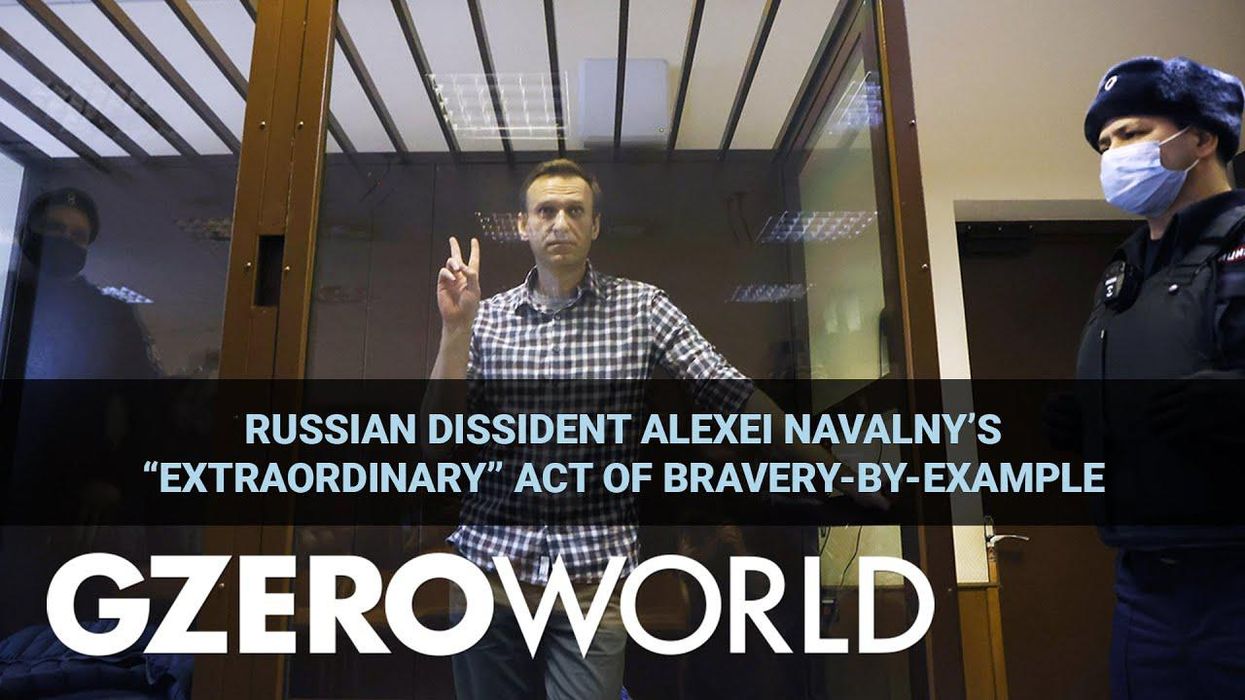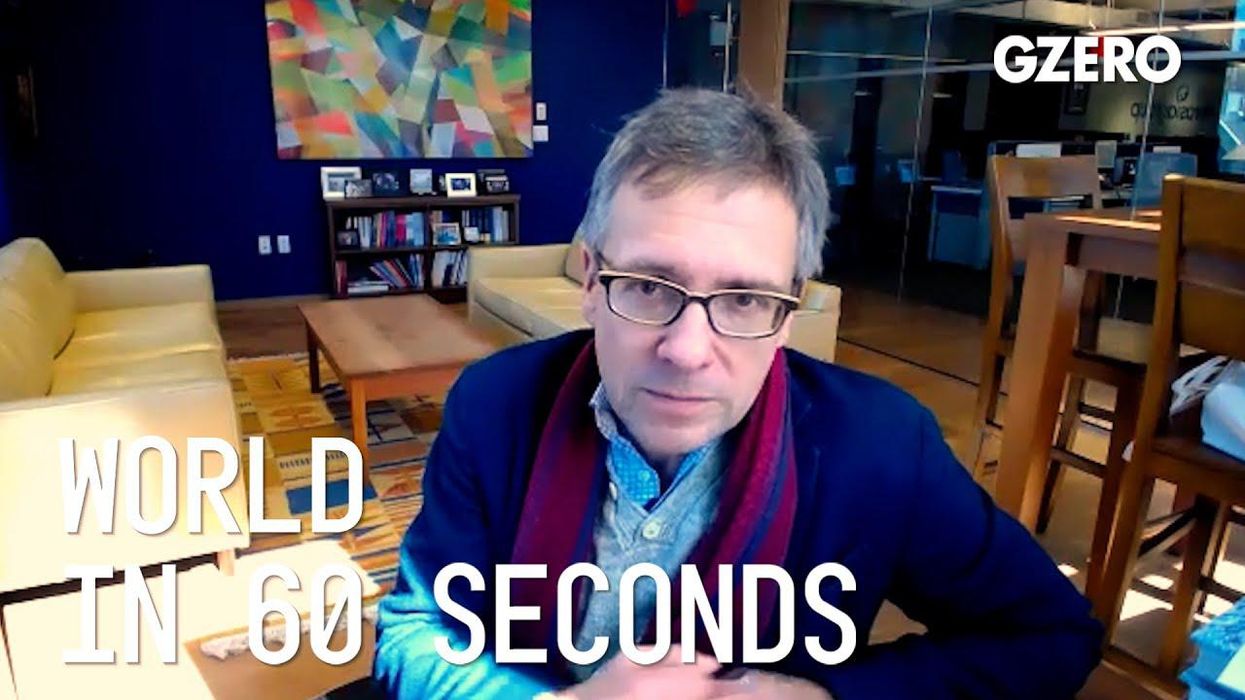GZERO World with Ian Bremmer
Authoritarianism’s enduring appeal: Anne Applebaum discusses
Across the world, from the Philippines to Hungary to Venezuela, nations have embraced authoritarian rule in recent years, in many cases with significant popular support. What is the enduring appeal of authoritarianism, what has the pandemic done to accelerate its growth, and how susceptible is the United States to its sway? Pulitzer Prize-winning journalist Anne Applebaum joins Ian Bremmer on GZERO World to investigate the allure of these anti-democratic movements and to shed light on their unlikely champions.
Mar 08, 2021



